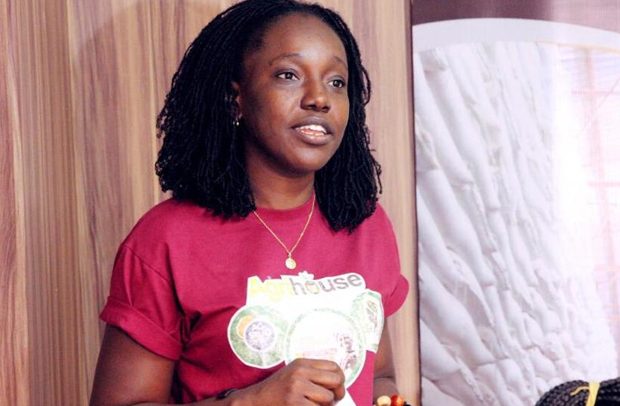Alberta Akosa
OVER 600 households have registered for Agrihouse Foundation’s ‘1 Household, 1 Garden’ initiative within a week of the project’s introduction to the public.
An analysis of households who have already signed on indicate that 67% come from Accra, 8% from the North, 10% from Ashanti Region and 15% scattered across the rest of the regions.
According to Agrihouse Foundation, the Phase one of the project, to rollout in three schemes of implementation, has just been closed in order to allow for proper attention, impact and satisfactory service to each subscribed household.
The second phase commences as soon as phase one household subscribers have been effectively taken care of.
An initiative collaterally intended to further scale-up government’s ongoing efforts to support families and communities to be more self-reliant, the ‘1 Household, 1 Garden’ initiative primarily aims to provide households a simple and easily accessible source of augmenting their daily food needs.
Alberta Nana Akyaa Akosa, Executive Director of Agrihouse Foundation, said “the initiative comes as our proactive reaction to the spate of food scarcity and hunger we witnessed during the onset of the recent lockdown the nation went through. Indeed, the ‘1 Household, 1 Garden’ initiative is our long-term complement to government’s ongoing efforts to further enrich the lives of households. It will not only make the average Ghanaian household self-reliant, in the area of food availability, but also add extra earnings to their coffers as they also imbibe the habit of eating garden fresh foods, knowing what you are eating.”
The varieties of mixed vegetables being offered free-of-charge to households will include small plants (radish, carrot, onion, spinach, beetroot, okra, lettuce); large plants (cabbage, broccoli, cauliflower, eggplant and pepper) and vertical plants (tomato, cucumber, green beans and peas).
Interested households are assisted by Agrihouse Foundation’s team to set up these home vegetable gardens, as well as provide training, training manuals and some level of supervision. In fact, under the three schemes, each household’s initial package will include 12 assorted vegetable seed packs (free) and crop nutrition (free).
However, the black soil, the garden structure and garden tools come at a subsidized cost, depending on the scheme one opts for. Schemes have been designed such that, each household; high-end, middle income earner and the lower level income earner, can be a part of it.
Again, Ms Akosa sheds more light, “We are engaging selected young dynamic and hardworking female agronomists and agribusiness students, about 20 of them, from agric colleges and universities across the country.
“By implication, the project will be creating jobs for these youth groups and also other skilled workers like wood-work specialists, masons, landscapers, ornamentalists (decorators) and engineering students.”
Appreciating contributions so far from Agro Volta, Rejuvenate, Farmhub and Apex Organics, Agrihouse Foundation appealed to government, the private and international organizations to help extend the initiative to deprived communities, slums, districts and rural communities.


